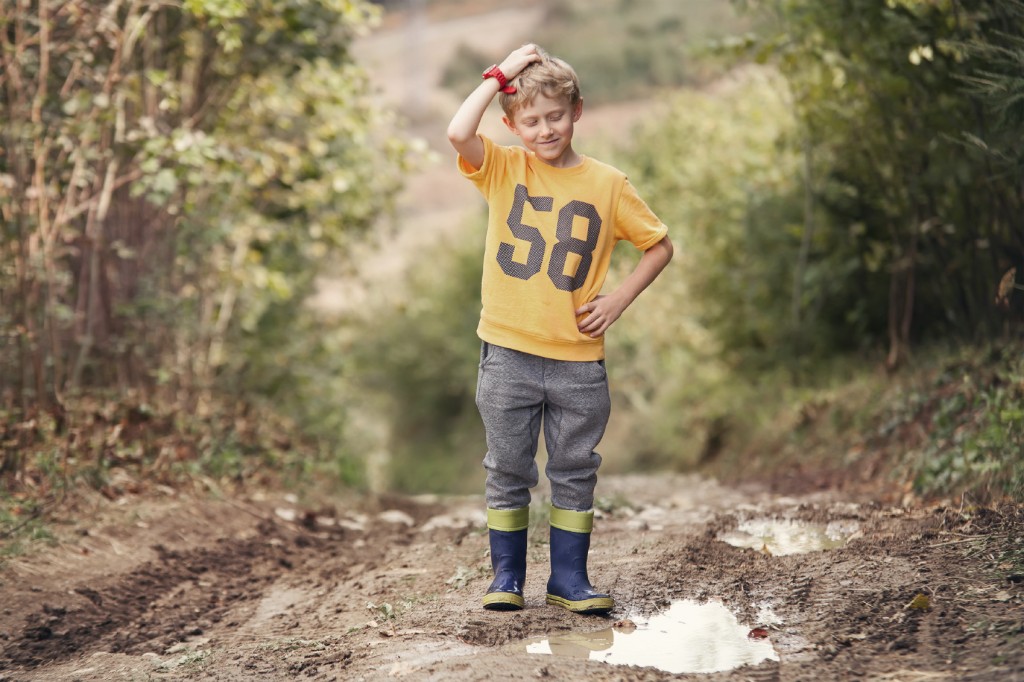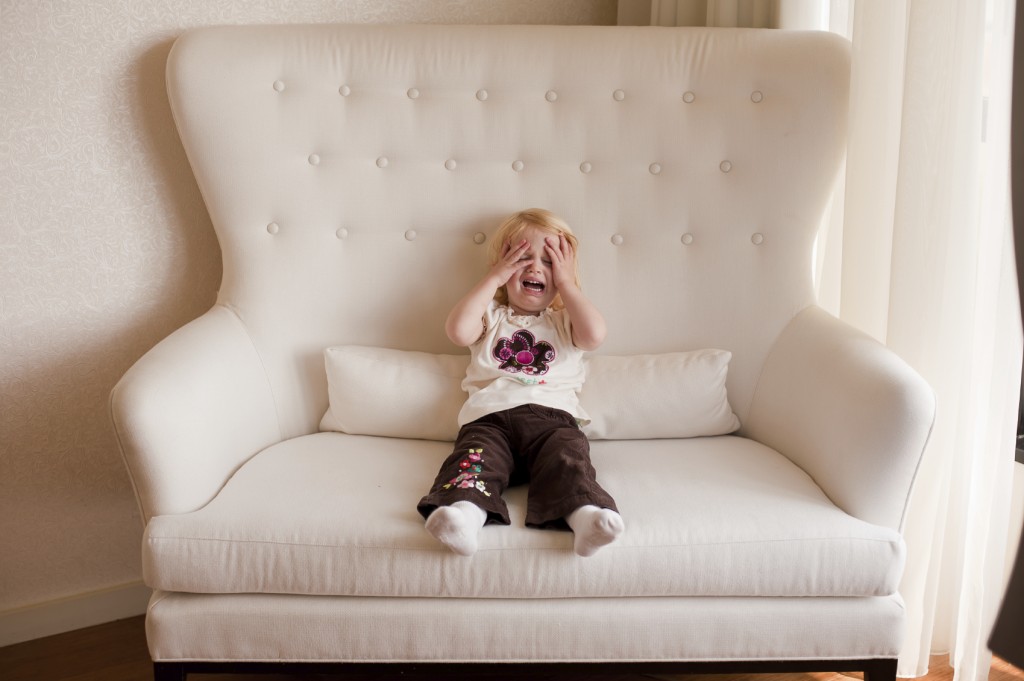“If you don’t have to imagine anything, you don’t have to create anything,” says Harvard Medical School psychiatry instructor Susan Linn. “When it comes to creative play, the capacity to delay gratification, constructive problem-solving, and empathy, in all these: Less is more.”
Things cannot bring happiness.
Ms. Linn, the director of the Campaign for a Commercial-Free Childhood, believes too many of today’s families are wrapped up in the misconception that “things” bring happiness. In truth it is possible that all those things are limiting a child’s creativity and “aptitude for learning and critical thinking.”
Less increases the child’s involvement in many of the foundations for learning.
Besides the positive benefit like the ability to problem-solve, children are more apt to develop empathy. This is enhanced as parents model finding happiness in relationships and experiences rather than in things. Encouraging the children to do the same is also important
Less contributes to a child’s development and creativity.
Toys don’t have to be pricey or abundant to be fun! The kitchen, the garage, the home office – all are filled with tools for creativity! A current favorite is duct tape.
The Take-Away for Parents?
Escape the trap of “More.” Buying “things” can become a form of a parental competition – showing devotion or financial success. It can also be misconstrued as a way to show love. It’s a matter of choosing to spend less for the benefit of the kids. The key is to think long-term. You are raising future adults who can solve problems, don’t need to be “entertained” at all times, and can think outside the box. “Less” can help develop those attributes and can also equal more gratitude, an attribute encouraged in God’s Word.
You can hear John and Kendra’s interview with Ted and PK on Faith Radio Mornings below:






















